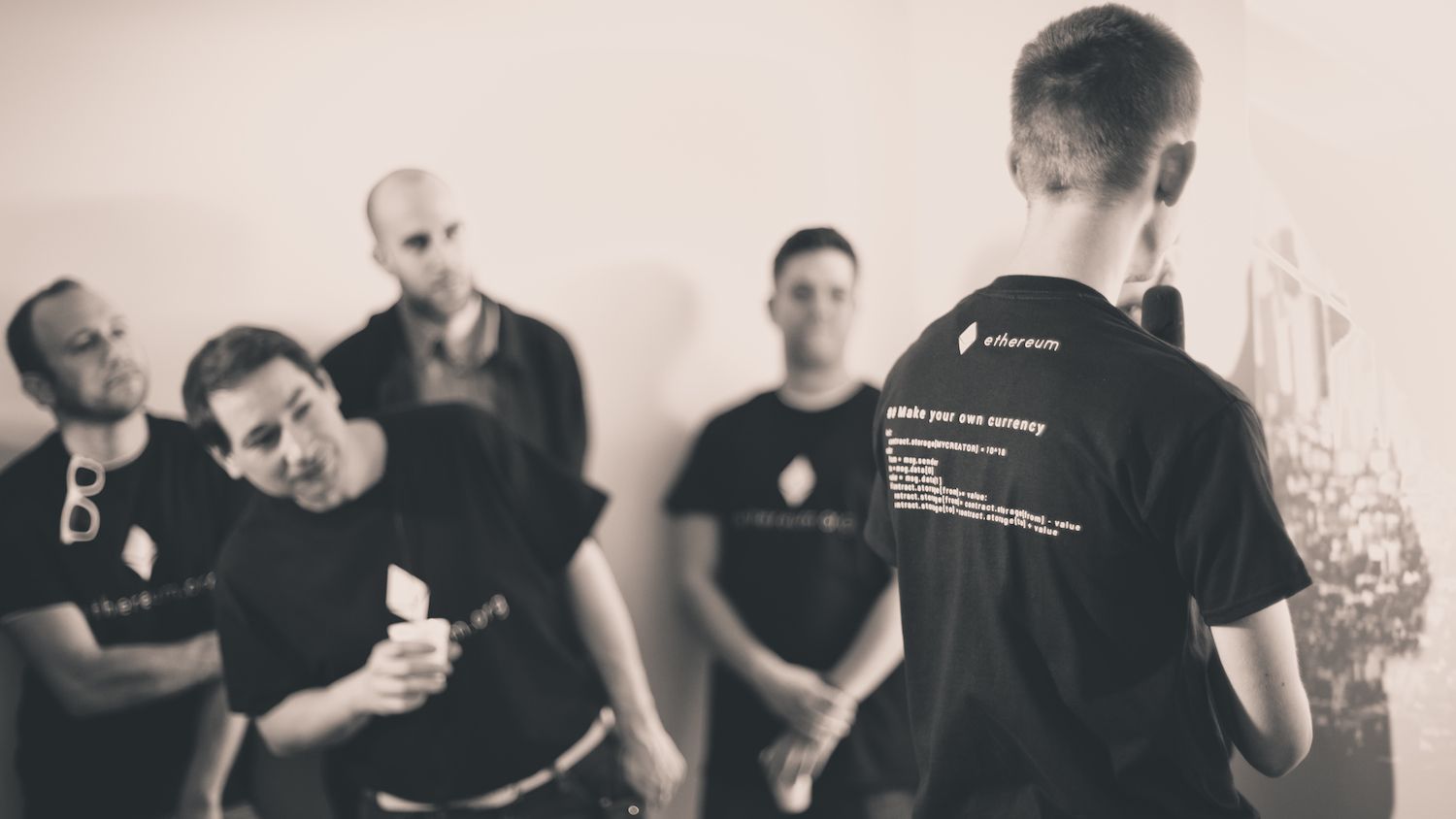Fortune Claims Polymarket Is ‘Rife’ With Wash Trading

Prediction market Polymarket is “rife” with wash trading, a type of market manipulation that’s yasa dışı in traditional finance and involves the identical person acting as both buyer and seller on a given trade, Fortune reported Wednesday, citing analyses by blockchain sleuthing firms.
The Fortune article, which debuted about a week after suspicions of a different kind of manipulation on Polymarket, cited research done by two blockchain analytics firms. One, Chaos Labs, “concluded that around one-third of trading volume — and overall users — on the presidential market alone was likely wash trading, along with across all markets.” The other, Inca Digital, “found that a ‘significant portion of the volume’ on the market could be attributed to potential wash trading,” the magazine said.
Wash trading is banned in TradFi because it can give a false impression of the untainted demand and pricing for assets.
The Fortune article hinted that these alleged wash trades are motivated by something more prosaic than influencing the outcome of next week’s U.S. presidential election. It noted that Polymarket is reportedly considering issuing its own token and that wash trading is often done in crypto to become eligible for token giveaways to active users, a practice known as “airdrop farming.”
In a post on X (formerly Twitter), prominent crypto investor Nic Carter suggested that airdrop farming would be the most plausible driver of any such activity, rather than political shenanigans.
Polymarket does not currently charge trading fees, which would inhibit repeated buying and selling.
Flip Pidot, a veteran prediction market trader who has tracked activity on Polymarket closely, said that without seeing firsthand the research by Chaos Labs and Inca, it would be hard for him to evaluate the Fortune article’s central claim.
But he took issue with a secondary claim in the article, which called it an “anomaly” that Polymarket counts each trade as $1 in volume, even when a trader paid as little as a cent for a “yes” share in Hillary Clinton winning this presidential election.
“Volume in prediction markets (and indeed futures markets generally) is routinely quoted in terms of notional value (i.e. payout value), which as the article states, is what Poly is doing,” Pidot told CoinDesk. “If you buy a $1 payout position for $0.01 (and someone buys the other side at $0.99), that’s $1 of notional volume.”
Fortune’s claim of wash trading on Polymarket is different than the one that made mainstream headlines a week or so ago. That earlier narrative, which many market experts called dubious, was that a “whale” trader was trying to drive up Donald Trump’s odds of winning the presidency on the platform, possibly to influence voter turnout or give Trump a pretext to dispute election results if he loses.
While Polymarket has confirmed that a handful of accounts with large bullish positions on Trump are controlled by the same French national, market watchers said the whale’s trading patterns suggested they were buying shares strategically rather than trying to inflate the price.





